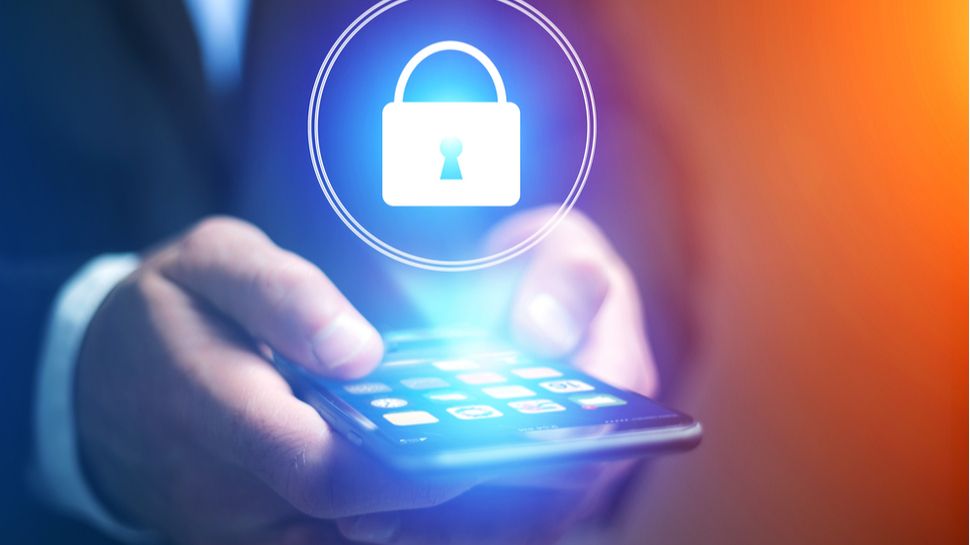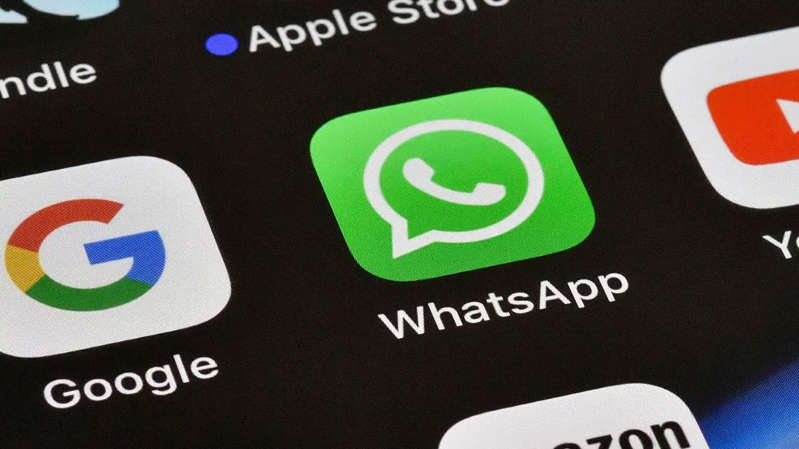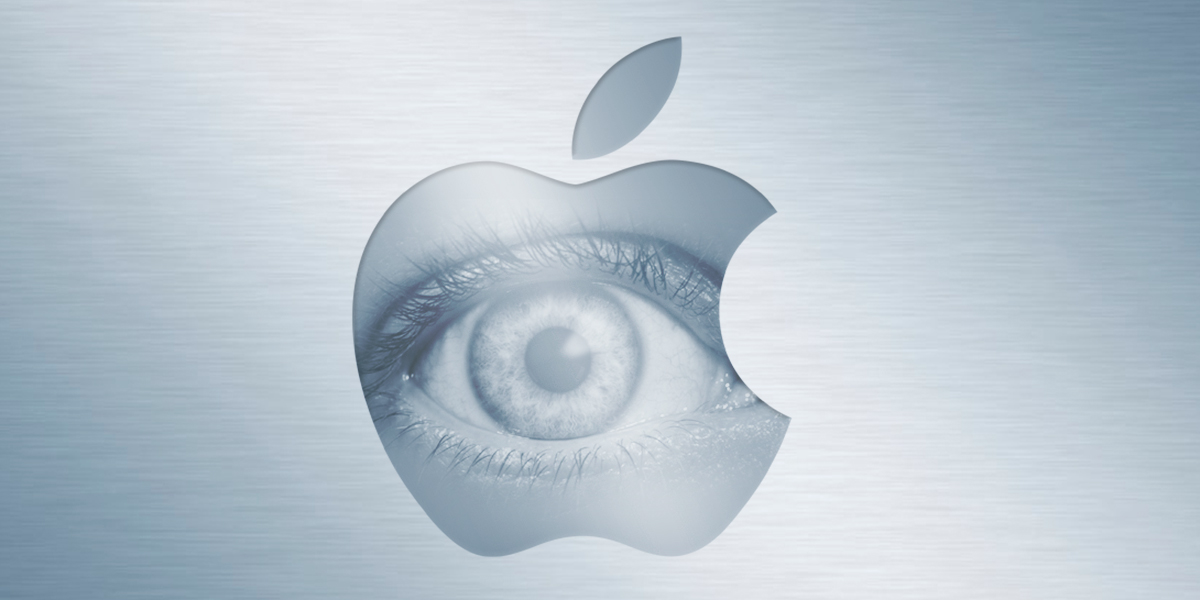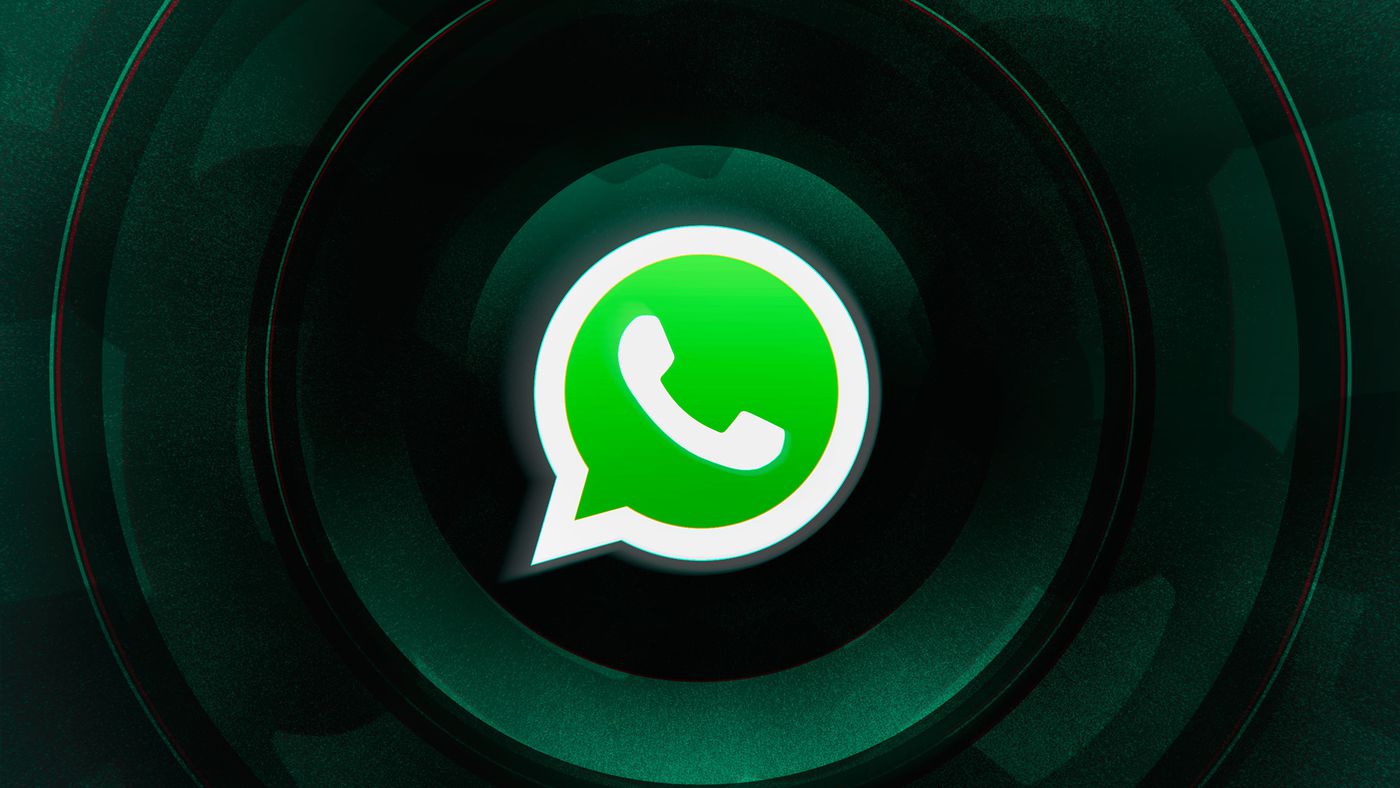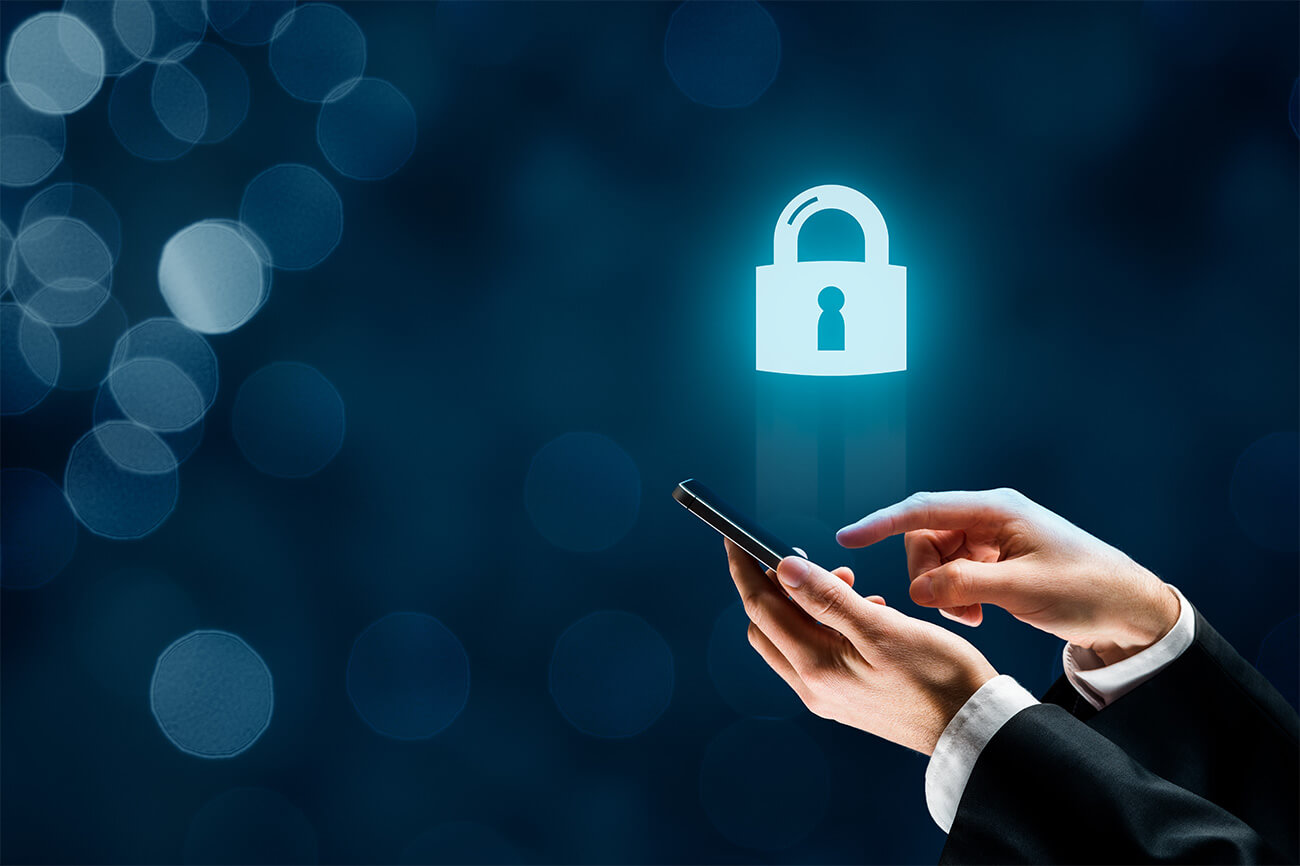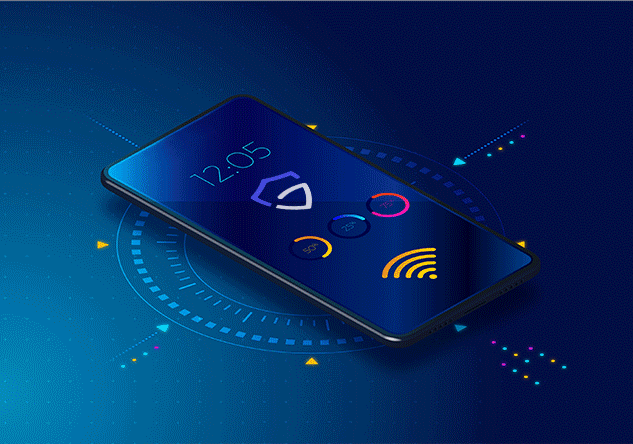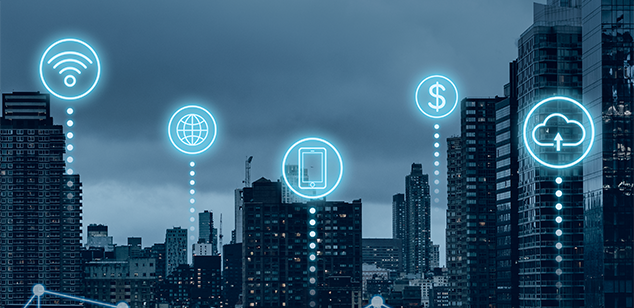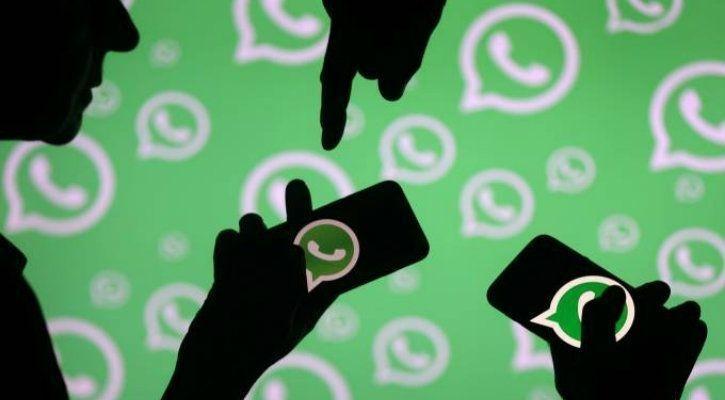The iPhone has long been held as the gold standard when it comes to security in cell phones and mobile devices in general. Apple has always maintained that they place considerable value on privacy rights even in the face of many challenges over the years.
However, Apple has now seemingly encountered a challenge that has forced them to reconsider their hardline stance on user privacy: Apple will now scan users’ devices for lewd images involving minors.
Many people will have strong reactions to this issue and will attempt to defend a position on one side or the other. But as with most complicated debates, there is a lot of grey between the black and white extremes.
Apple’s Recent Announcement Regarding Privacy Changes
There was, apparently, always a way for Apple to access users’ private information through iCloud. However, there is no evidence that apple ever used this ability and violated user privacy before. Until now.
In response to government and public urging, Apple has announced that they will now scan user information in order to attempt to stop the dissemination of child pornography, which has become rampant in the world today.
How Apple Will Implement This Policy
Apple has announced that they will use advanced artificial intelligence to perform “sweeps” of users’ devices. Specifically, when Apple scans a given user’s phone, if their A.I. detects a picture of a naked underage person, police and appropriate authorities will be notified and investigations can be conducted from there.
Because the process will be performed by A.I., certain images may be flagged inappropriately and certain concerning images may be missed. However, the scans will not be performed by humans, so accuracy should be relatively high, once the A.I. technology is optimized.
The Case for Decreased Privacy on Apple Devices
Proponents of Apple’s decision to scan user information applaud the decision as a big step toward ending the abhorrent practice of child pornography. There is little debate that the harm of a child in such a way is horrifying and should be stopped. Any reasonable person would agree that this practice should not be allowed to continue.
However, the argument against Apple’s decision is not due to the fact that people want to allow child pornography distribution to continue, rather it is due to the belief that this privacy violation is a slippery slope toward government control and overreach.
The Case Against Apple’s Decision
Opponents of Apple’s privacy decision argue that if we hand over access to our private information, we are giving up a big portion of our freedom. Many people think that Apple’s decision comes from a place of moral purity, but that the company is not seeing the far-reaching consequences of such a decision.
For example, those who oppose Apple’s decision point to examples such as what happened in India. In this instance, the Indian government was granted access to search tech databases for keywords and phrases under the guise of “national security”. However, this quickly led to the government using this ability to squash any dissenting opinions and protests throughout the country, maintaining a narrative and limiting free speech.
Edward Snowden Weighs In
Technology and cybersecurity expert Edward Snowden, who made headlines years ago for his opposition to government spying, has tweeted about Apple’s decision. He has indicated his discomfort with Apple’s new stance, stating that although he believes that the move is well-meaning, he has deep fears of this technology being used by those with malicious intent.
Snowden is not shy about voicing his opinion on privacy issues. He fled the country after leaking information pertaining to government spying in 2013-2014. He continues to be outspoken about his position on government invasion of privacy, believing that it is one of the biggest threats to American democracy today.
Have We Reached a Point of No Return?
There are certain defining moments after which no return to “the way things were” is possible.
With Apple’s decision, as noble as its intentions are, many people believe that we are accepting a loss of privacy and by extension, freedom, in America. These people believe that privacy is an inherent good and should not be violated, regardless of the positive consequences that may result. In a country founded on the principle of liberation from what was seen as an oppressive British regime, it is difficult for some Americans to reconcile any limit on freedom.
Viewing this situation in terms of “ends” and “means”, many Americans support Apple’s decision. Some belief that if the end is that “child exploitation will be over”, any means are necessary. These individuals are willing to accept a loss of some privacy in order to achieve the greater good.
Still others will fall somewhere in between these two extremes. Some may not see this as a defining moment with regards to privacy rights, but rather just another new company policy that is just the next in a long line of changes. This group may see the value in the policy change, while still being wary of the potential downstream consequences.
Whatever your stance is on privacy and Apple’s decision specifically, it’s important that you are aware of the impact of this decision. This decision can now be pointed to as a high-profile precedent in any future cases involving privacy and government intervention. It may be very difficult to backtrack from this decision and return to where we were before Apple announced these changes.
Where Do We Go from Here?
For those that no longer wish to use Apple products as a result of this decision, some difficult decisions will need to be made. Switching to new companies and devices can be an arduous process, but it can certainly be done.
We each have the ability to show our support or dissent from this policy decision in one of the most objective ways possible: our wallets. “Money talks”, as the saying goes, and we can make our voices heard through supporting Apple or through supporting one of their competitors. Apple has made their new views on privacy well-known, now it is up to each of us to decide how we wish to proceed.
Ghost is an excellent option for those looking for a company that values user privacy. The messaging service prioritizes user security, and will never compromise on this issue. If you are seeking a new messaging service in light of Apple’s new policy changes, consider Ghost.
Apple’s Recent Policy Changes: How Do We Balance Safety and Privacy?


